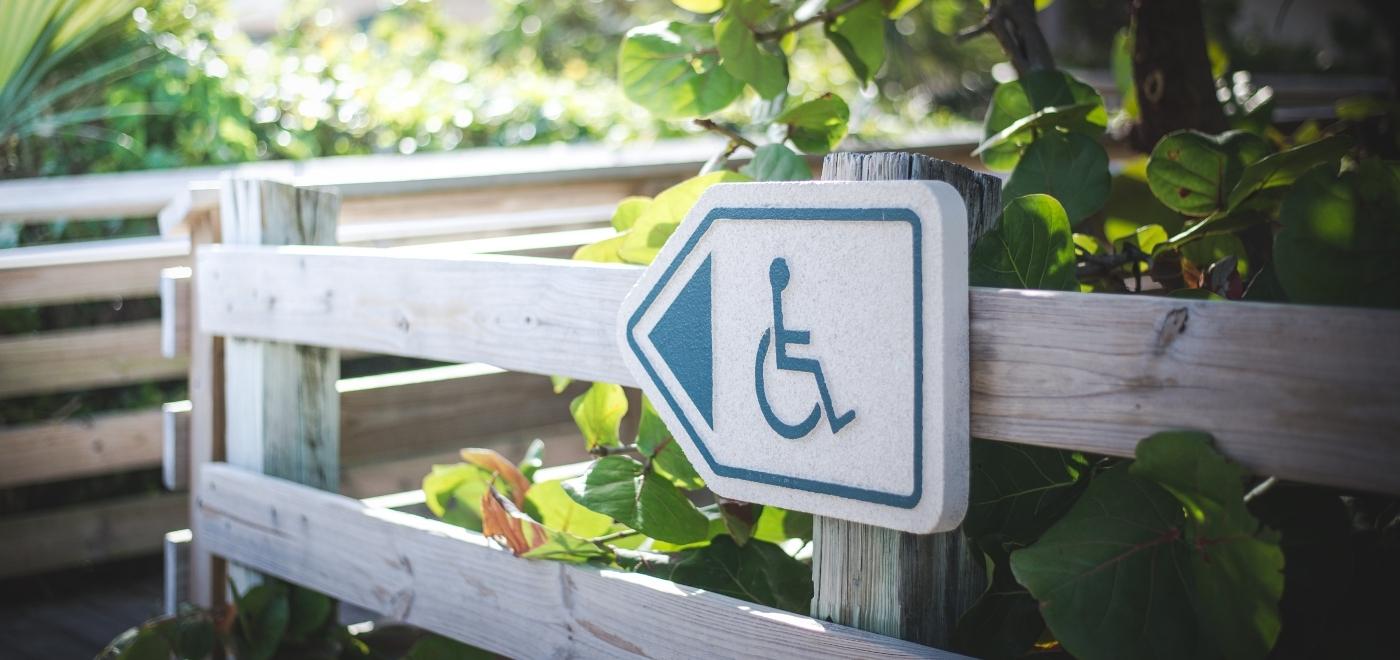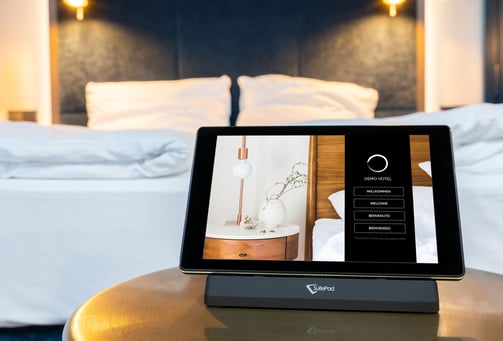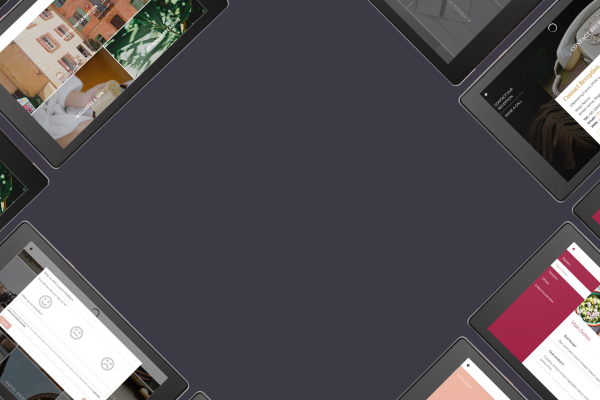![]() As society becomes more inclusive, hotels must follow suit by creating accessible and welcoming spaces for all. Not only is it a legal requirement, but it also makes good business sense.
As society becomes more inclusive, hotels must follow suit by creating accessible and welcoming spaces for all. Not only is it a legal requirement, but it also makes good business sense.
The market for accessible tourism, also known as inclusive tourism or disability tourism, has been growing in recent years as more destinations and travel providers recognize the importance of catering to travelers with disabilities. According to the World Tourism Organization (UNWTO), people with disabilities represent a significant and growing segment of the global travel market, with an estimated 1.3 billion people worldwide, about 16% of the global population, living with some form of disability.
In terms of market size, the UNWTO estimates that the accessible tourism market is worth around 15% of total global tourism expenditure, which equals roughly $8 trillion per year. This figure is expected to grow as more countries and destinations try to improve accessibility and cater to the needs of travelers with disabilities.
It's worth noting that the market for accessible tourism is not limited to people with disabilities. It also includes older travelers, families with young children, and anyone else who may benefit from accessible accommodations, facilities, and services.
In this blog, we will discuss 4 ways to make your hotel accessible and transform your hotel into an inclusive and welcoming hub for all.
 Accessible Room Designs
Accessible Room Designs
Undoubtedly, aesthetic concerns are important when it comes to the design of hotel rooms. In addition to being practical, the design of the rooms should promise a story and stand out from the competitors to be memorable. However, additional parameters should also be considered to make sure the room is well-rounded in terms of accessibility and inclusivity. Without compromising your brand image or design visions, you can make small adjustments to your room to accommodate your special needs guests.
For starters, you can make sure that every pathway is clear and barrier-friendly. The size of the passages should be designed to fit wheelchairs or anything of that nature. This will ensure that not only the rooms but every area of your hotel is accessible to everybody.
Secondly, you can make sure that the floor installation is non-slip and safe. Hotel rooms are often high-traffic areas, and accidents can happen when guests are rushing or not paying attention. Slippery floors in areas like the bathroom or around the entrance can be especially hazardous, particularly for older adults or people with mobility or balance issues. Additionally, it provides a better guest experience, showing that the hotel prioritizes the safety and comfort of its guests.
Lastly, you can adjust the height of your beds to make it easier to get in and out of. There are various options to make it happen, including using bed risers or purchasing a bed with an adjustable height mechanism. By making this adjustment, you can promote independence and improve the quality of life for people with disabilities.
Incorporate Assistive Technology
Advances in technology have made it easier than ever to create inclusive spaces. Hotels can incorporate assistive technology, such as voice-activated devices or automatic doors, to make it easier for guests with disabilities to navigate the area. They can also offer accessible technology amenities like text-to-speech software or screen readers.
One of the ways to boost accessibility is to use in-room tablets for ease of communication. They can provide a direct communication channel between guests and hotel staff. SuitePad's digital solution offers a chat function in text format, allowing guests to promptly address any concerns they may have. This can be especially helpful for guests who are deaf or hard of hearing and prefer to communicate in writing rather than verbally. Additionally, guests can conveniently order room service and other amenities with just a few clicks through the digital platform. Our content installation includes a multilingual option, ensuring that language barriers between hotels and international guests are no longer an issue.
Provide Interactive Activities
Since hotels are no longer spaces to only rest for the night, they need to offer activities that engage guests during their stay. Even though this is a fairly established practice within the industry, when it comes to accessible activities, this practice is in the backlog of the hotel’s priorities. Yet, considering the market for accessible travel, it would make so much business sense for hotels to keep this demographic in mind.
For example, they can offer accessible outdoor activities such as hiking or kayaking or provide adaptive equipment for sports like skiing or surfing. They can also offer cultural experiences that are accessible to everyone, such as tours of historic landmarks that are fully accessible.
Train Your Staff Accordingly
Last but certainly not least, the hotel staff, which is the primary point of contact for all guests, should be familiar with disability training. Of course, having every staff member learn sign language is not optimal as well as possible. Yet, there is no denying that even just awareness can help your guest with a disability to feel more comfortable and understood, which are essentially the two important elements of successful guest communication.
The most important thing when it comes to communication is, of course, language. Having a disability-friendly approach can make a big difference in how guests with disabilities perceive your hotel. Encourage your staff to use person-first language that emphasizes the person rather than their disability. For example, it's better to say "a person with a disability" rather than "a disabled person."
Conclusion
For hotels that understand that hospitality is a human business, making your hotel inclusive for all should not only be a legal requirement but a conscious decision and a priority. Of course, the added bonus of reaching a wider audience and ultimately creating more revenue makes this effort a profitable one. After all, who does not want to shoot two birds with one stone?
📸 Copyright: SuitePad
Published on 6 June 2023




.png?width=100&height=100&name=Bastien%204x4%20(11).png)


.png)
.png)
